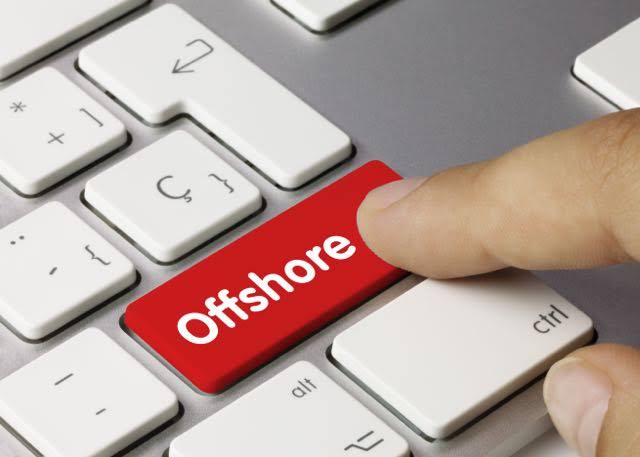#QuickBiteCompliance Day 192
🌍 Offshore Banking Licenses: A Double-Edged Sword in Fighting Financial Crime 🕵️♂️
Imagine a bank that’s only allowed to serve people from other countries and can’t use the local money. Sounds like a secret club, right? That’s what an offshore banking license can look like. While these licenses help countries attract global business, they can also become a playground for bad actors if not watched closely.
How Do Criminals Exploit This?
1️⃣ Hiding Dirty Money: A shady company sets up fake businesses in one country, then uses an offshore bank (that doesn’t deal with locals) to move illegal cash across borders. Since the bank doesn’t report to local authorities, the money “disappears.”
2️⃣ Phantom Employees: A corrupt politician pays “salaries” to fake workers through an offshore account. The bank never checks local records, so the bribes look like legit paychecks. 💸
3️⃣ Tax Tricks: A wealthy individual stashes money in an offshore bank to avoid taxes back home. Since the bank doesn’t use their country’s currency, it’s harder for regulators to track.
Fighting Back with Smarter Tools
The good news? Technology is leveling the field! Think of tools that make rules simpler for everyone (#InclusiveRegtech) or open-source systems where experts worldwide team up to spot crime (#OpenSourceAML). These innovations help close loopholes and keep the financial system safe for all.
Stay Curious, Stay Vigilant!
Every time we improve transparency, we take power away from criminals. Let’s keep pushing for solutions that protect everyone—not just the privileged few. 💪
📚 Learn more about financial crime terms: [ACAMS Glossary](https://www.acams.org/en/resources/aml-glossary-of-terms)
#InclusiveRegtech #OpenSourceAML #100HariNulis #FinancialCrime #AML #OffshoreBanking
—
P.S. Want to see how collaborative tech can fight financial crime? Ask me how! 🔍

